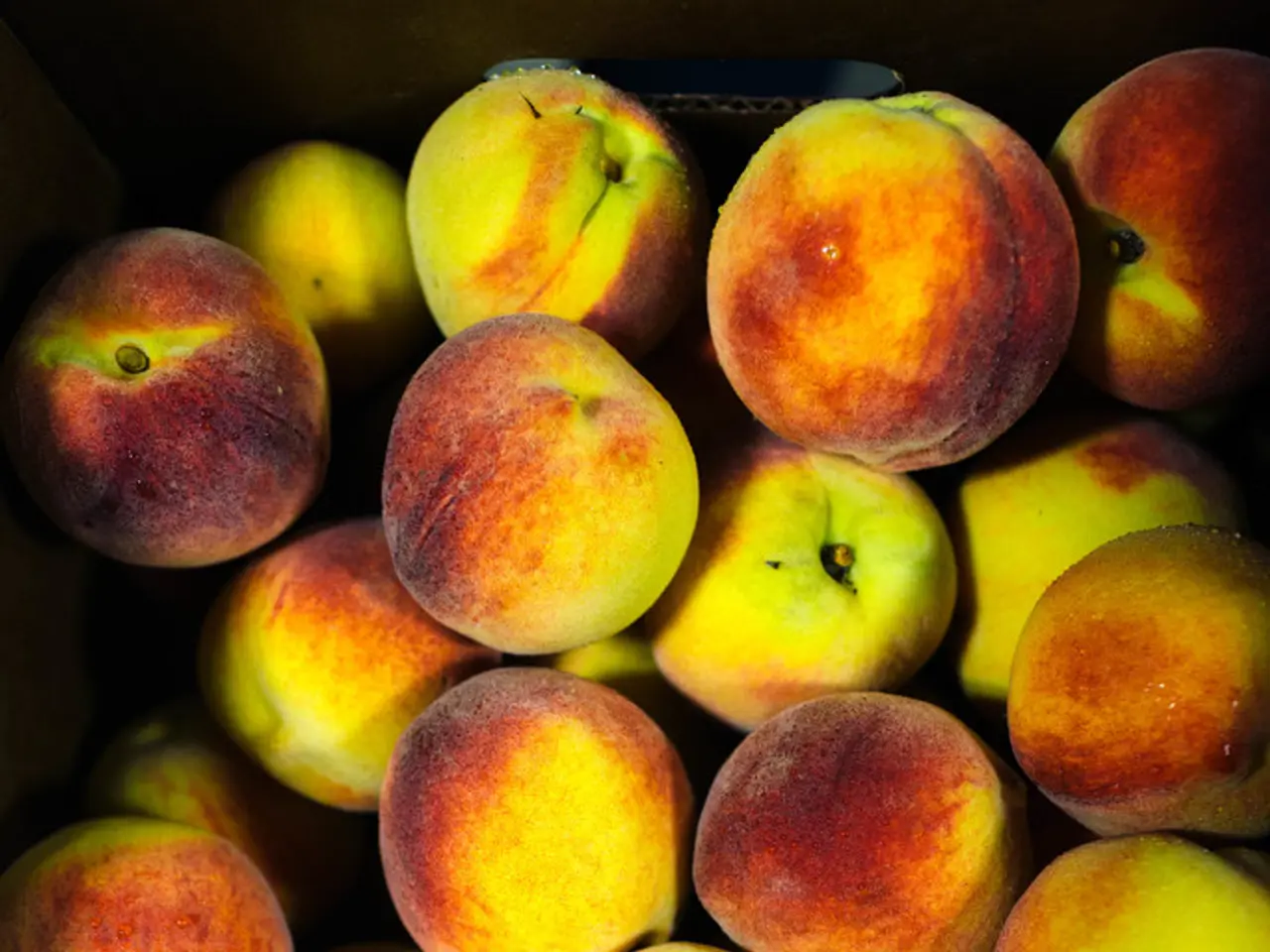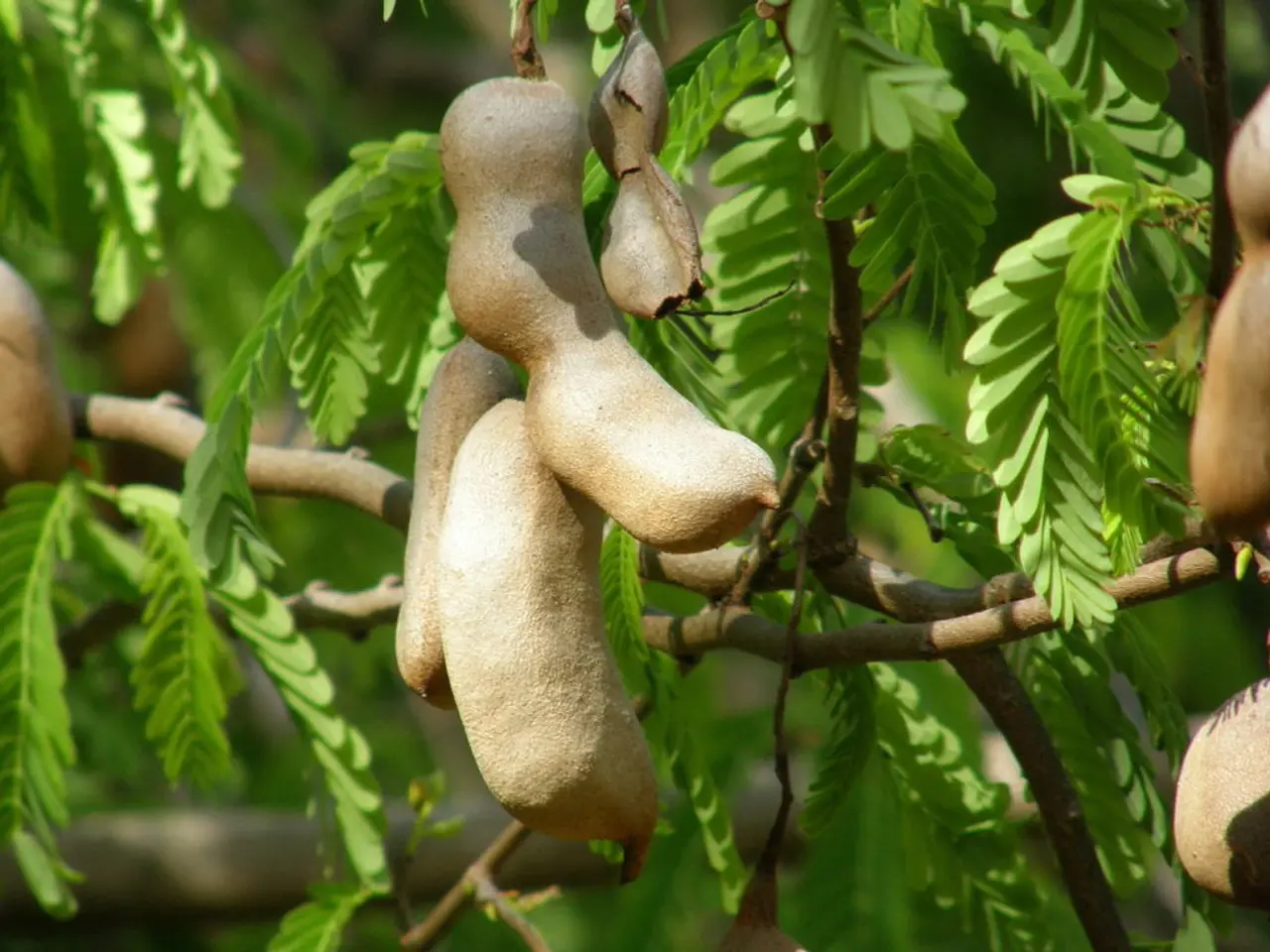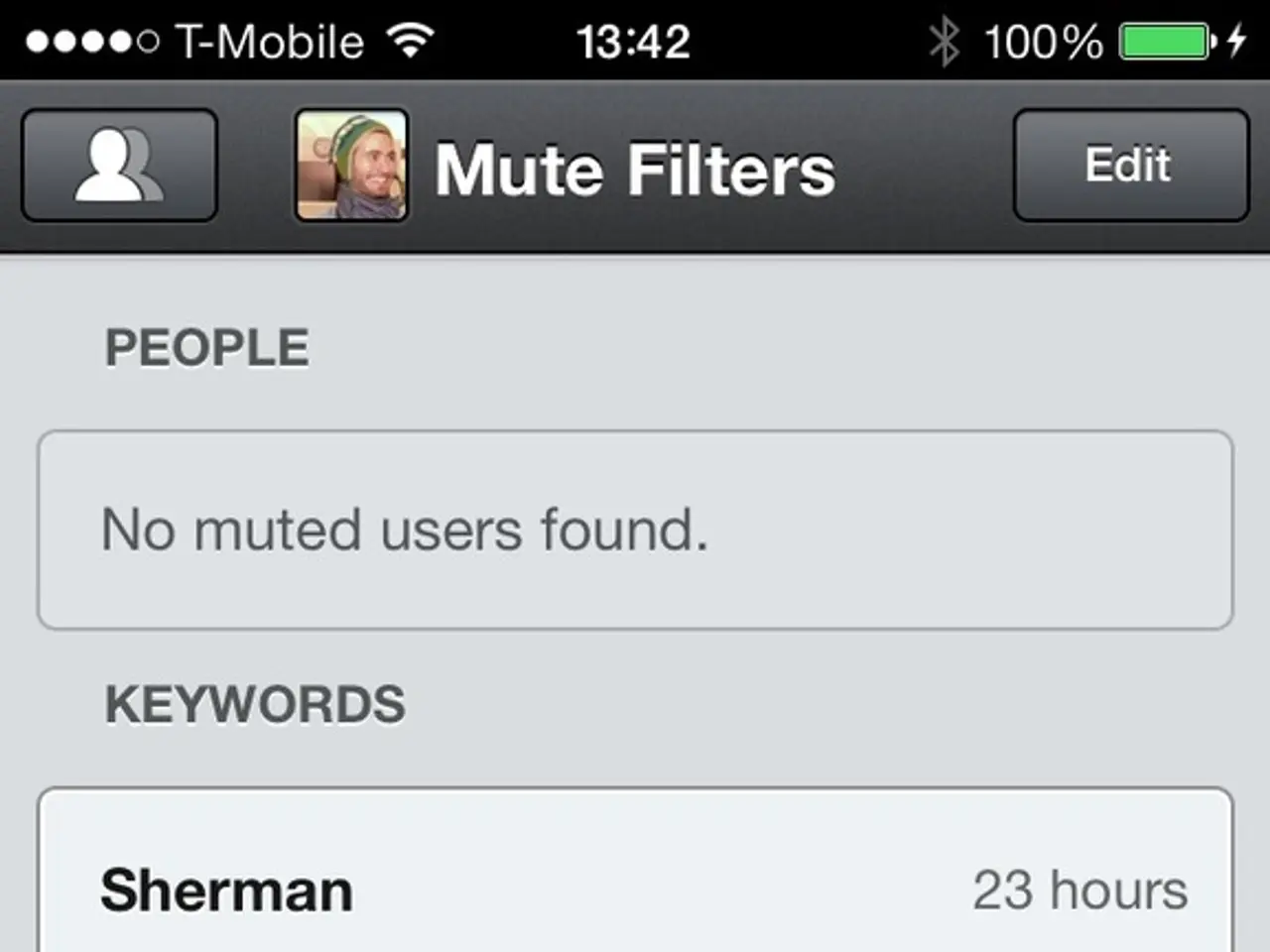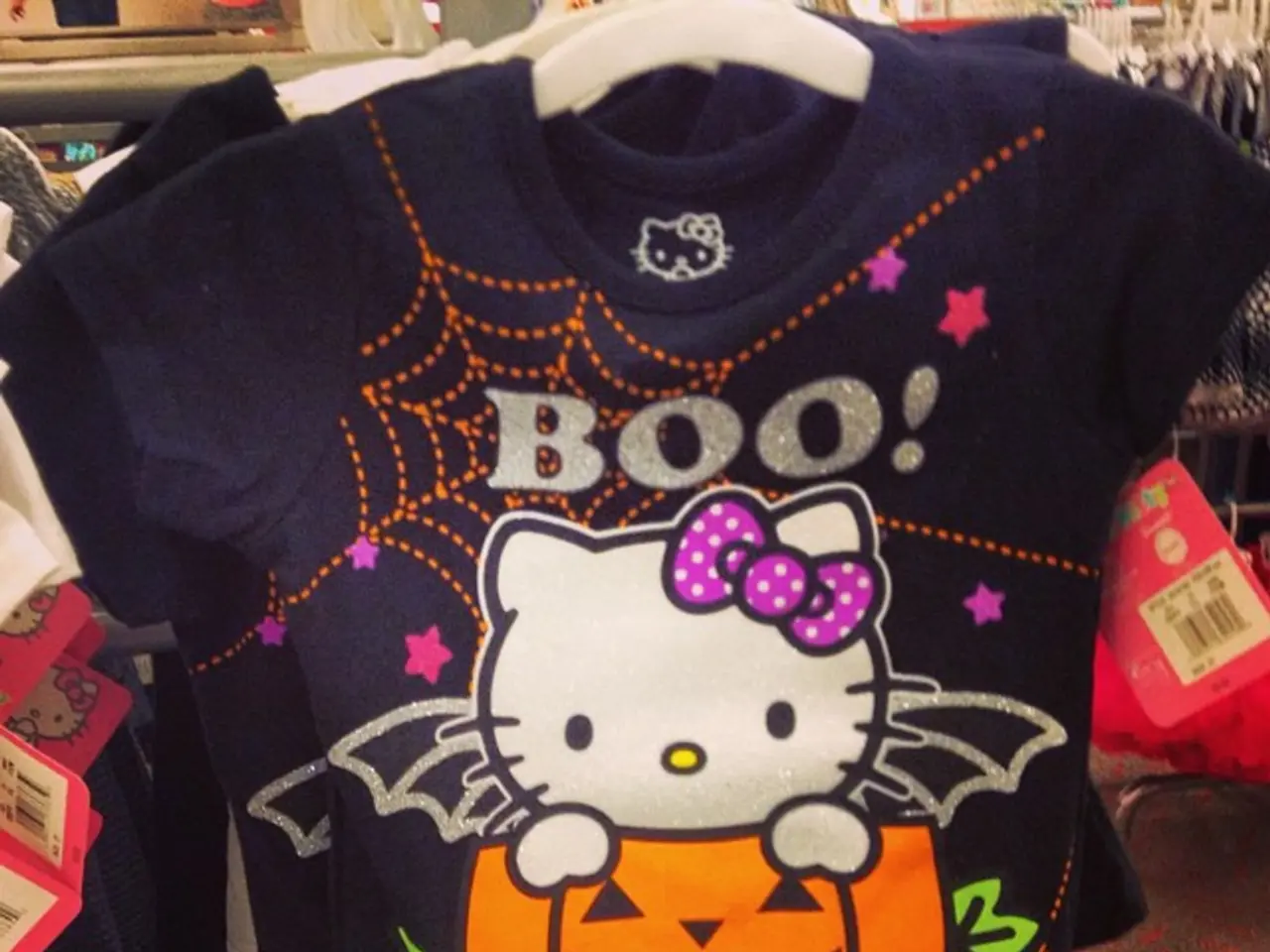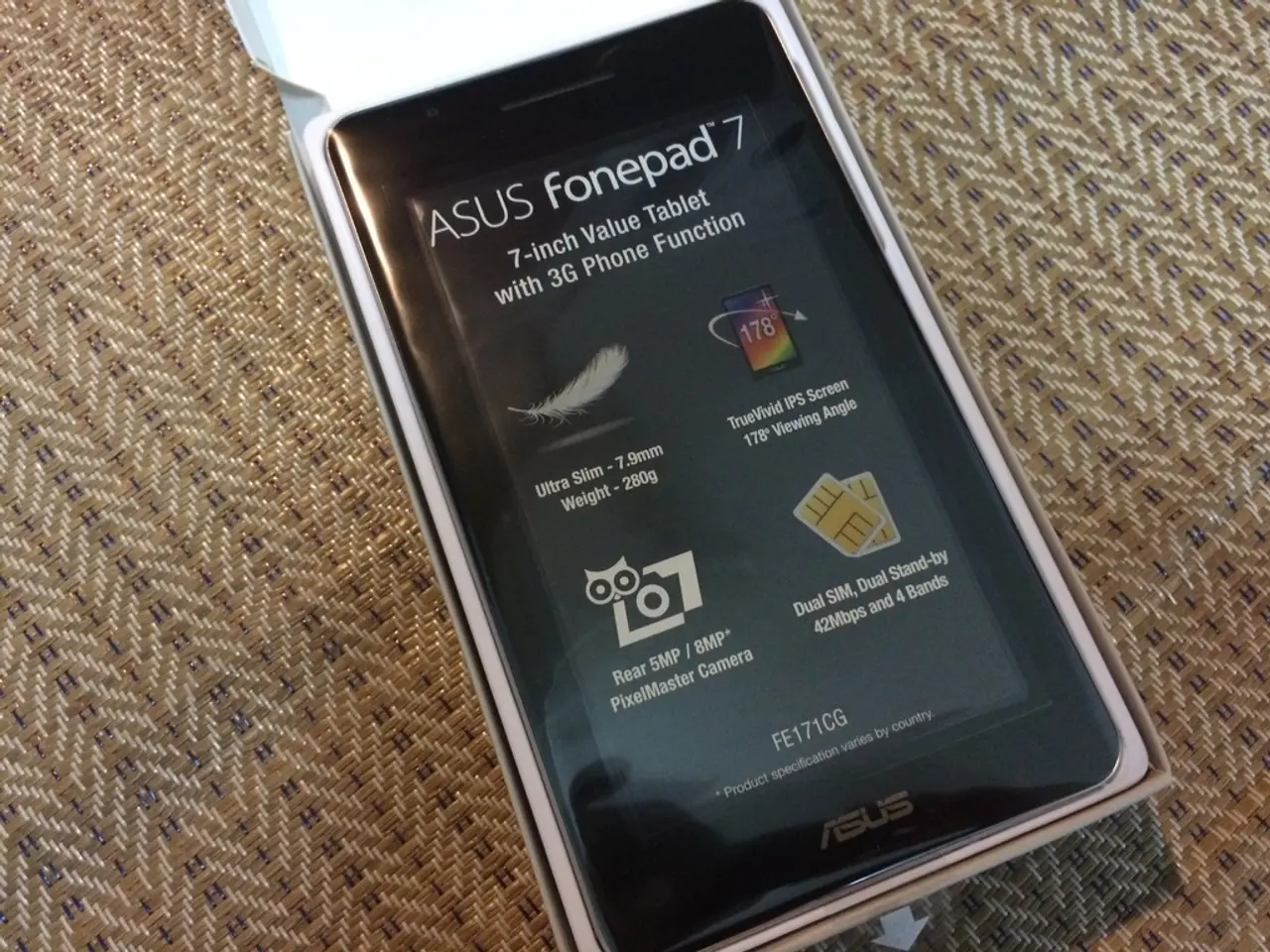DRC Files Lawsuit Against Apple over Blood Minerals, Claiming Evidence of Involvement
The ongoing dispute between tech giant Apple and the Democratic Republic of Congo (DRC) over allegations of using conflict minerals has remained unresolved as of mid-2025. The DRC has filed criminal complaints against subsidiaries of Apple in France and Belgium, accusing it of using minerals from conflict areas and laundering them through international supply chains.
The DRC, an unstable country with the government having virtually zero control over huge portions, alleges that minerals from both legitimate and armed group-controlled mines are smuggled into neighbouring Rwanda. Rwanda, however, denies these allegations.
Apple has faced criticism for links to suppliers using child labor in cobalt mining, with reports highlighting severe abuses including child labor, unsafe conditions, and environmental harm in the DRC mines associated with Apple’s supply chain.
The lawyers representing the DRC claim that tin, tantalum, and tungsten are also taken from conflict areas. Gangs and other militia control these areas in the DRC and get their funding from mining. The environmental damage inflicted by mining in the DRC is not balanced out by the minerals smuggled out of the country.
We hear of artisanal miners perishing in shoddily constructed mines in Zimbabwe every other day. It is not uncommon to hear of violence erupting over particularly rich plots of land in Zimbabwe's mining sector. As you would imagine, gangs in the DRC are not above enslaving people or employing children in their mines.
Apple has disputed these claims, stating that they notified their suppliers to suspend sourcing tin, tantalum, tungsten, and gold from the DRC and Rwanda due to concerns about the impossibility of meeting their high standards. However, every expert tells us tonnes of minerals are being smuggled out of Zimbabwe every day.
A class action lawsuit was filed in 2019 by IRAdvocates, representing children maimed or killed in cobalt mining in the DRC. The plaintiffs accuse Apple and other major companies of profiting from child labor and hazardous mining conditions in their cobalt supply chains. The suit alleges violations of the Trafficking Victims Protection Reauthorization Act and seeks that Apple contribute to medical care funds for affected children.
The court case filed in the US is ongoing with no definitive verdict or settlement announced by July 2025. The Congolese government threatened legal action in 2024, alleging evidence linking Apple to conflict areas, but no public resolution or settlement has been reported since.
Thus, the conflict minerals issue involving Apple in the DRC remains active in both legal and public advocacy arenas. Apple continues to express intentions to improve sourcing, but the underlying human rights violations persist.
- Despite Apple's efforts to distance itself from conflict minerals by informing suppliers to halt sourcing from the DRC and Rwanda, tons of minerals are still being smuggled out daily, according to experts.
- The ongoing legal case in the US against Apple, accused of profiting from child labor and hazardous mining conditions in the DRC, has yet to reach a conclusion, with no definitive verdict or settlement announced by mid-2025.
